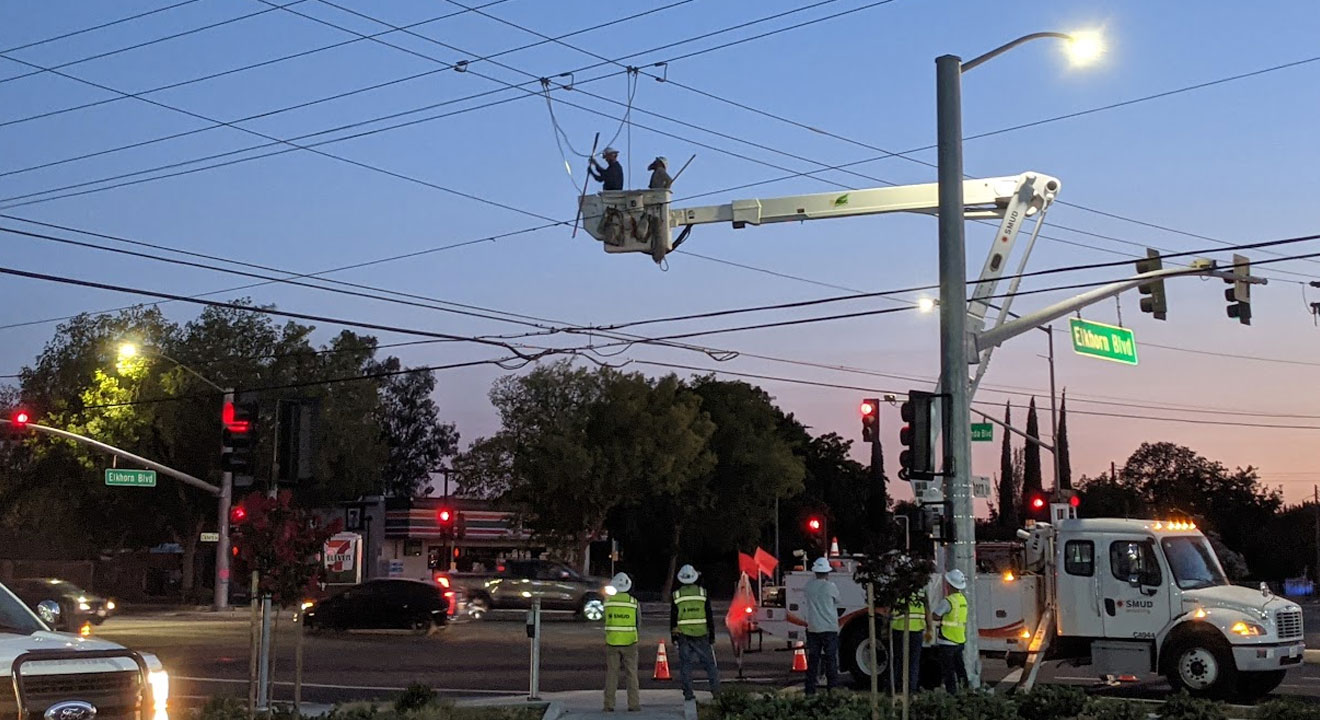
Many of you may have recalled me writing about Laura’s Law in the past, as well as other measures in Sacramento County to address the growing concern around mental health. When I previously wrote about Laura’s Law, it was from the perspective of an ambivalent public servant with an impending decision on whether or not to implement the law in Sacramento County. Now I want to write from the perspective of someone who decided to support Laura’s Law and is excited to see what we can achieve with this new tool at our disposal. If you have not been following along, I will provide a refresher.
Laura’s Law was signed into law in 2002 following the tragic death of a young woman in Nevada County by a man with severe, untreated mental illness. Laura’s Law established the ability for counties to provide for assisted outpatient treatment (AOT) of individuals who pose a threat to themselves and those around them. For those sentenced to AOT, it means they will be connected with mental health treatment they otherwise may have resisted or simply not had access to. Since its creation, a majority of large counties in California have adopted Laura’s Law and those that have, have seen significant improvements in their communities.
Successes for communities that have implemented Laura’s Law have many looks. Success looks like health improvements with reductions in hospitalizations and homelessness. It also has a financial component. As I am sure you can imagine, the costs associated with treating the mentally ill in hospitals, in shelters, and even in jails, are substantial. Counties that implement Laura’s Law naturally see their expenses relating to hospitalizations and incarceration go down as the mentally ill take up fewer beds in either facility. In Nevada County, the origin of Laura’s Law, those reductions were 46.7% for hospitalizations, and 65.1% for incarcerations. Most notably, Nevada County saw a 61.9% reduction homelessness, something I am sure we can all agree would benefit Sacramento County.
So why now has Sacramento County decided it was time for Laura’s Law? In the past, the county had explicitly opted out of Laura’s Law. It was before my time on the Board, but as I understand, there were originally concerns for the cost associated with providing AOT. Then, I am told that the County was confident it had provided adequate resources for those most in need of mental health resources. Following legislation passed last year, the County was put in a position of either opting-out again, or automatically being opted-in. To opt out, the County would have had to submit a compelling reason for doing so. This required a thorough assessment of current service available in addition to community outreach. Ultimately, the decision came to the Board of Supervisors.
Even with the information available to me, I initially did not support Laura’s Law. I had personal liberty concerns with forcing people to receive treatment. Still, I maintained an open mind, and as I often do, I asked my constituents for their views on the issue. One stood out more than others as a constituent approached me at a community meeting and shared with me the story of her son and gave me a book that discussed the realities of serious mental illness. I found the story compelling and it truly helped me understand the need for Laura’s Law. It helped me understand more about Anosognosia, also called “lack of insight.” It is a symptom of severe mental illness experienced by some that impairs a person’s ability to understand and perceive their illness. It is the single largest reason why people with schizophrenia or bipolar disorder refuse medications or do not seek treatment, and we are not helping these people by sitting back while they suffer.
AOT is a simple but effective tool that can save not only the lives of those afflicted with mental illness, but it can improve the lives of everyone around. Especially those closest to them. I am confident that we have given a tool to law enforcement, local hospitals, and the countless number of people and organizations working to get our homeless population under control. I am glad that we have finally embraced Laura’s Law and I look forward to seeing how it helps our community improve our health and well-being.
Thank you for reading – and as always, if you want to contact me, call me at 916-874-5491, or e-mail me at SupervisorFrost@saccounty.net.
Sue Frost represents the 4th District, which includes all or part of the communities of Citrus Heights, Folsom, Orangevale, Antelope, Rio Linda, Elverta, Gold River, Rancho Murieta, North Highlands, Carmichael, Foothill Farms and Fair Oaks














